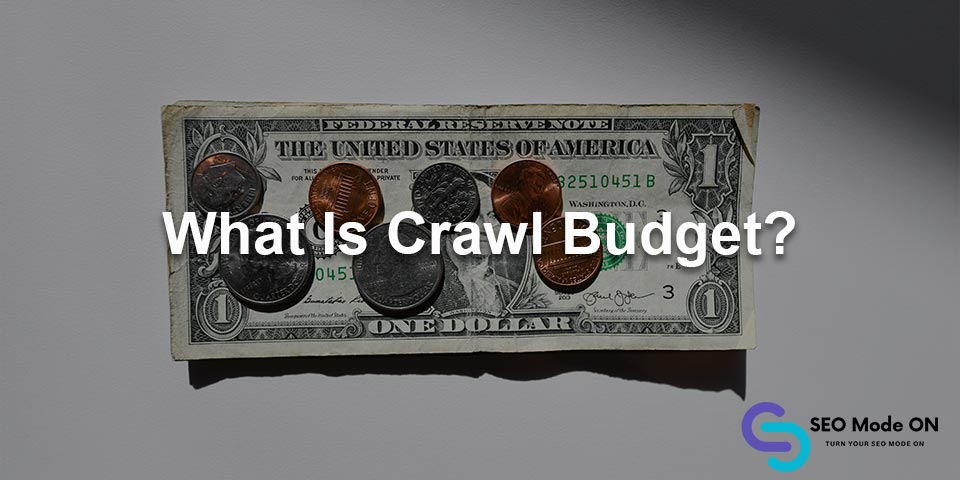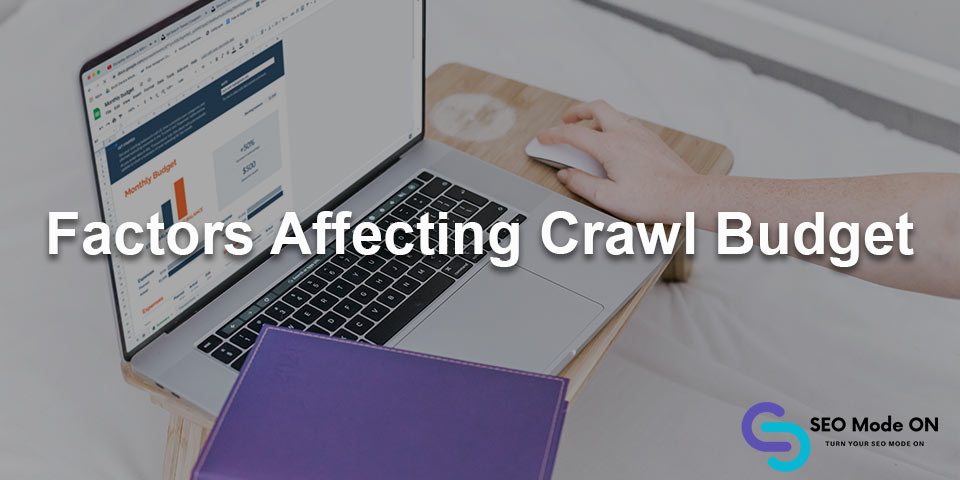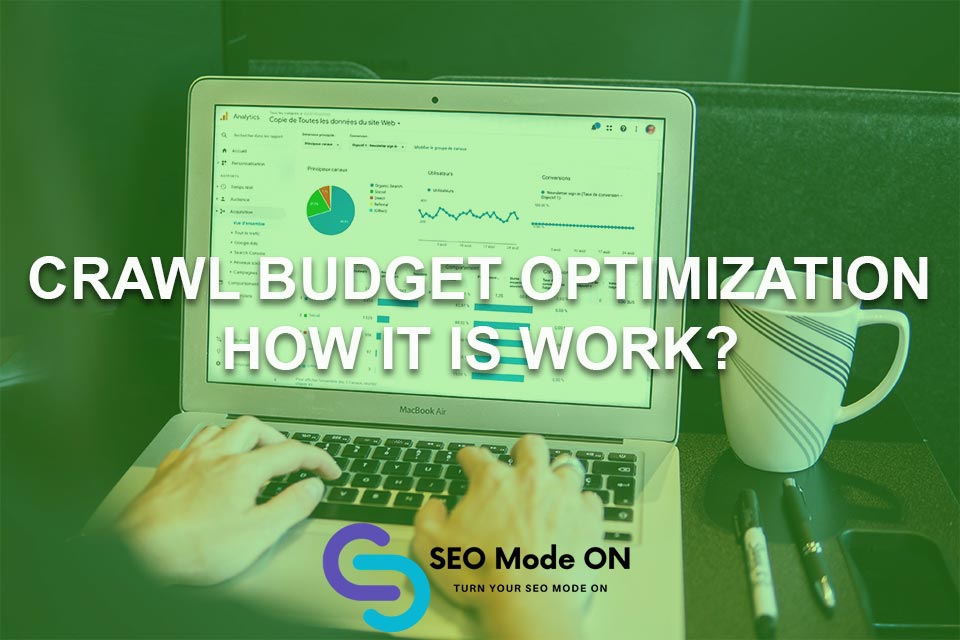Google may crawl 100, 1000, or 10,000 pages of your website every day without your knowledge. So, what exactly is crawling, and how does it affect how well your website performs in search engine results
The crawl factor in SEO, though you may not be familiar with the phrase, has a direct impact on how frequently your website appears in search engine results. This is why you need to understand what a crawl budget is because it depends on the size of your website as well as the number of new pages and updates you make. For this reason, we will talk about crawl budget and crawl budget optimization for SEO in this article.
What Is Crawl in SEO?
Crawling is the process of a bot or spider scanning and evaluating each piece of code and content on a web page. Crawl in SEO is the procedure of search engines gathering and evaluating information from the page, such as the title, keywords, links, images, and videos. Furthermore, it enables search engines to comprehend how frequently a page is updated.

What Is The Crawl Budget?
The crawl budget, also known as the crawl limit, specifies how many pages on a website a bot or spider will crawl and index in a certain amount of time. Since search engines won’t index those pages if the number of pages exceeds your crawl budget, you won’t be ranked for anything.
If your website has a lot of pages, is medium or large in size, or has a lot of pages that are updated regularly, you must have a crawl budget. Crawl budget optimization is necessary if you want to index them and rank higher on search engine results.
How Do Google Assign Crawl Budget to Websites?
Search engines calculate the crawl budget based on two criteria:
- How often they can crawl without causing any issues
- How often they would like to crawl a website.
The procedure by which Google distributes crawl budgets to websites is determined by the relationship between the crawl limit and crawl demand. Each website receives a crawl budget from Google. The frequency with which the bot or spider searches the website for a page is determined by the crawl budget.
Prioritizing what to crawl is how Google begins the assignment process. It chooses what particularly has to be crawled before selecting when to do so. The process of choosing when to do crawling is also crucial because Google cannot crawl at all times of the day.
Next, Google chooses how many resources the website distributes to the crawling. Crawl budget optimization is essential for this reason as well. The bot or spider needs to know how many resources will be provided because you want to index your crawled pages to rank better.

Factors Affecting Crawl Budget
The decision-making process of your crawl budget is influenced by a few elements. The following are the variables that determine the crawl budget:
- The size of your website
- Your website’s speed
- Your website’s total pages
- Internal linkings on your website
- The number of backlinks your website has
Why Should Websites Care About Google’s Crawl Budget?
Your page won’t show up in search engine results if Google doesn’t index it. The key to Google reading and saving the information from your page is the crawl budget. If you go over your crawl budget, Google won’t index the extra pages, which means you’ll miss your chance to show up in search results. Because of this, you ought to prioritize crawl budget optimization.
How to Calculate The Crawl Budget?
You must be mindful of your crawl budget because Google has a restriction on how frequently and how long it will crawl your website. If your crawl demand is greater than your budget, Google can ignore some pages when crawling your site.
You must perform a calculation to see if your website is subject to any crawl budget restrictions. You can easily determine your crawl budget by using the following formula:
Your crawl budget = Total number of URLs / Average number of pages crawled each day
Conclusion About Crawl Budget Optimization
Therefore, we covered a topic that may be neglected when working on SEO: crawling and crawl budget. We described crawl budget optimization to help you comprehend what it is and how it affects SEO. We hope that the information about crawl budget and crawl budget optimization provided in this article was successful. Learn how to improve SEO with our article!
FAQs on Crawl Budget Optimization
What does crawl mean in SEO?
The crawl in SEO refers to the procedure of gathering information about SEO components such as the title, keywords, images, and more from the website page. It is the process of scanning the website page.
Do 301 redirects affect the crawl budget?
A website page permanently migrating from one location to another is indicated by a 301 redirect. Therefore, if a page on your website has a 301 status code, Google or other search engines will continue to visit it when they are crawling it. The entire budget will be wasted, which will have an impact on your crawl budget.
What is the difference between indexing and crawling?
Crawling is the process of examining and gathering data from a website page. However, indexing is the step that comes after crawling. It is where the page’s discovered information is kept.

